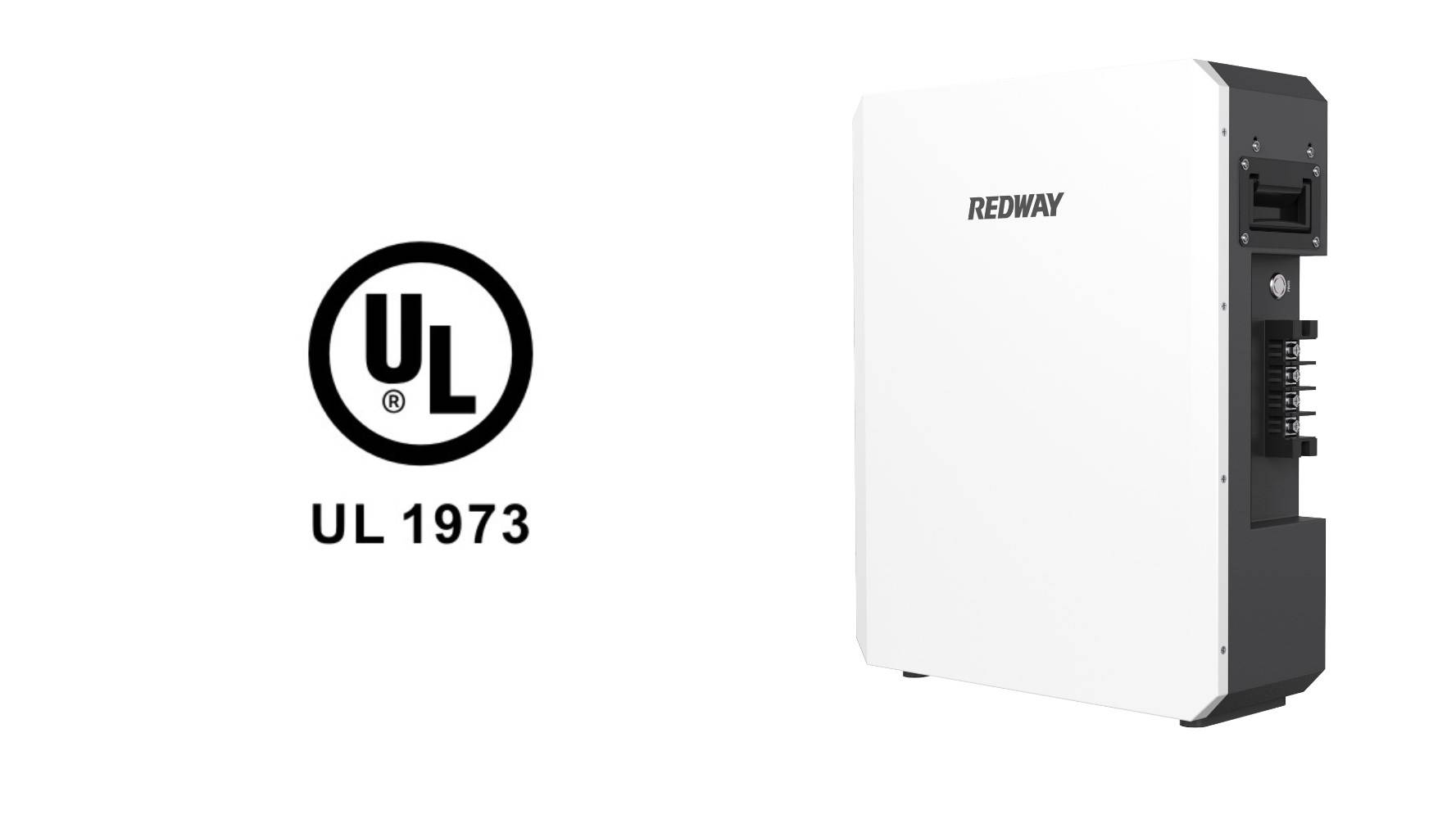UL1973 certification is a crucial standard for battery systems, particularly in the context of solar energy storage. It ensures that these systems meet rigorous safety and performance standards, providing peace of mind to users and manufacturers alike. This article will delve into what UL1973 certification entails, its benefits, testing requirements, and its significance in various applications.
What is UL1973 Certification and why is it important?
UL1973 certification refers to the Underwriters Laboratories standard specifically designed for stationary battery systems. This certification focuses on ensuring the safety, reliability, and performance of batteries used in various applications, including residential energy storage and commercial energy solutions. The importance of UL1973 lies in its ability to:
- Enhance Safety: It evaluates batteries for risks such as fire hazards, chemical leakage, and electrical failures.
- Ensure Quality: Products that meet this standard are tested for durability and long-term performance.
- Facilitate Market Acceptance: Many jurisdictions require UL1973 certification for batteries to be used in grid-connected applications.
Chart: Importance of UL1973 Certification
| Benefit | Description |
|---|---|
| Enhanced Safety | Reduces risks associated with battery use |
| Quality Assurance | Guarantees durability and performance |
| Market Compliance | Meets regulatory requirements for installations |
How does UL1973 Certification benefit solar energy storage systems?
UL1973 certification provides several advantages specifically for solar energy storage systems:
- Increased Reliability: Certified systems are less likely to fail under normal operating conditions, ensuring consistent power supply.
- Consumer Confidence: Homeowners and businesses are more likely to invest in certified products, knowing they meet established safety standards.
- Insurance Benefits: Some insurance companies may offer better coverage rates for certified products due to their proven safety records.
These benefits contribute to a more robust market for solar energy solutions, encouraging wider adoption.
What are the testing requirements for obtaining UL1973 Certification?
To achieve UL1973 certification, battery systems must undergo a series of rigorous tests that assess various aspects:
- Electrical Safety Tests: These include overcharge, over-discharge, and short circuit tests to ensure safe operation.
- Thermal Management Tests: Batteries must demonstrate effective heat dissipation under load conditions.
- Mechanical Durability Tests: Systems are subjected to vibrations, drops, and other physical stresses to evaluate their robustness.
These comprehensive testing protocols ensure that only the safest and most reliable products receive certification.Chart: Testing Requirements Overview
| Test Type | Purpose |
|---|---|
| Electrical Safety | Ensures safe operation under various loads |
| Thermal Management | Assesses heat dissipation capabilities |
| Mechanical Durability | Evaluates resistance to physical stresses |
What types of applications require UL1973 Certification?
UL1973 certification is essential for a variety of applications involving stationary battery systems:
- Residential Energy Storage: Home batteries used in conjunction with solar panels need certification to ensure safety and performance.
- Commercial Energy Solutions: Businesses utilizing large-scale battery systems for backup power or load management must comply with this standard.
- Utility-Scale Projects: Large installations that store renewable energy must meet rigorous standards to be integrated into the grid safely.
These applications highlight the versatility and necessity of UL1973 certification across different sectors.
How does UL1973 enhance safety and reliability in battery systems?
The implementation of UL1973 significantly enhances both safety and reliability in battery systems through several mechanisms:
- Standardized Testing Protocols: By adhering to established testing methods, manufacturers ensure that their products can withstand real-world conditions.
- Material Evaluation: The standard requires the use of materials that mitigate fire risks and chemical hazards.
- Ongoing Compliance Monitoring: Manufacturers must maintain compliance with the standard throughout the product lifecycle, ensuring sustained safety.
This focus on continuous improvement helps foster a culture of safety within the industry.
Buy Wholesale Battery Tips
For those interested in bulk purchases, Redway Battery is an excellent choice for battery wholesale buyers or OEM orders overseas. To make OEM orders from a reliable manufacturer like Redway Battery:
- Identify your specific battery requirements.
- Contact Redway’s sales team with details about your order.
- Discuss customization options tailored to your needs.
Redway Battery has over 13 years of experience in manufacturing lithium batteries, which are a superior alternative to lead-acid batteries due to their efficiency and longevity.
Industrial News
The demand for certified energy storage solutions continues to rise as industries shift toward renewable energy sources. Recent advancements in battery technology have led to increased focus on safety certifications like UL1973, ensuring that products meet stringent standards before reaching consumers.
Redway Expert Views
“UL1973 certification is vital for ensuring that battery systems used in solar applications are both safe and reliable,” states an expert at Redway Battery. “As we move toward a more sustainable energy future, compliance with such standards will play a crucial role in building consumer trust.”
FAQ Section
- What is UL1973 certification?
UL1973 certification ensures that stationary battery systems meet rigorous safety and performance standards. - Why is UL1973 important for solar energy storage?
It enhances safety, reliability, and consumer confidence while facilitating market acceptance of certified products. - What types of tests are required for UL1973 certification?
Testing includes electrical safety assessments, thermal management evaluations, and mechanical durability tests.



